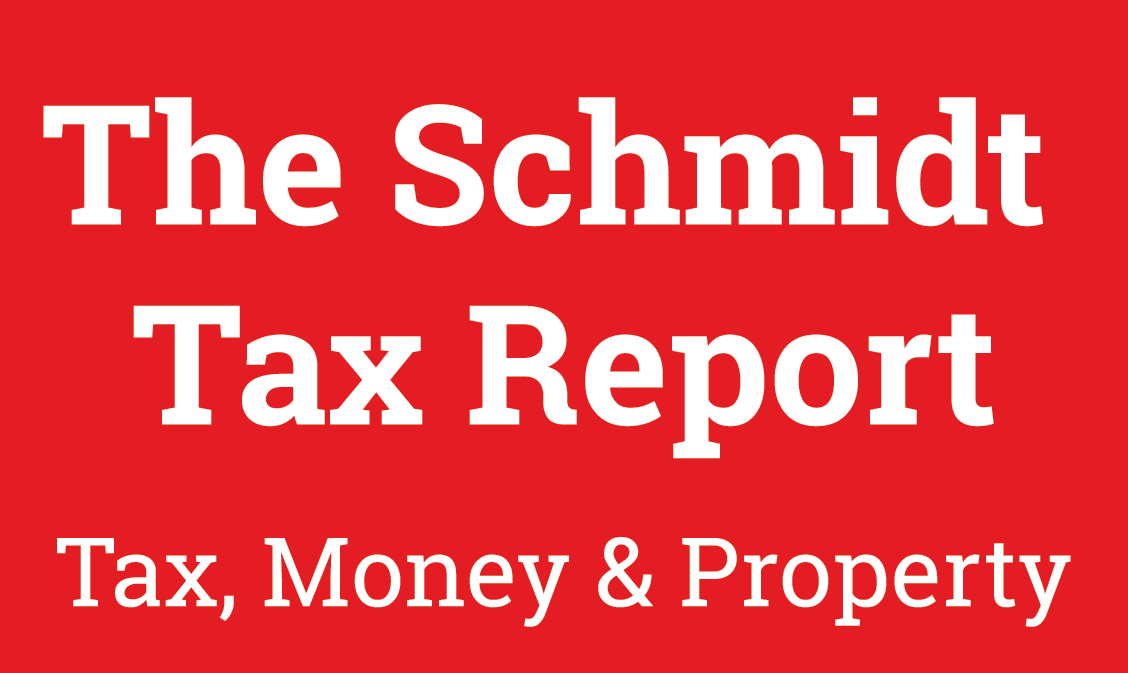Nicholas Adams, a seasoned property investor based in the UK, offers some tax saving tips
I am not really a J R Tolkien fan but there is a quotation from The Hobbit that often comes to mind when I am considering different ways in which to reduce the cost of property tax: ‘It does not do to leave a dragon out of your calculations, if you live near him.’ It is the fiery breath, sharpened claw and general scaliness of HMRC that we all seek to avoid, of course, and the best place to begin is by understanding the many different ways by which one may be caught. In short, to achieve a successful property tax mitigation plan the first step must be to quantify the various taxes to which one may be prey.
Some taxes are only applicable to property holdings, being (in alphabetical order):
- The Annual Tax on Enveloped Dwellings. This is applicable to residential property owned by companies and other ‘non-natural persons’. It results in a higher 15% rate of SDLT – see below – on the acquisition of high-value UK residential property and up to 28% CGT on disposal.
- Business Rates (for commercial property) which are determined by the ratable value. Harrods, for example, pays £12m a year in business rates,
- Council Tax (for residential property), which are charged in bands. A ‘Band D’ (valued between £68,000 and £88,000 for council tax purposes) property owner in, say, Weymouth would pay c. £1800 a year, whereas in Westminster they would pay just £674.
- Land and Buildings Transaction Tax (for property purchases in Scotland), which varies between 0% (properties worth under £145,000) and 12% (properties worth over £750,000).
- Stamp Duty Land Tax (for property purchases in England, Wales, or Northern Ireland), which varies between 0% (properties worth under £125,000) and 12% (properties worth over £1.5m).
In addition to whichever of the above taxes are applicable one must also allow for a number of other, much more expensive taxes, including:
- Capital gains tax (28%)
- Corporation tax on investments held through a company (20%)
- Income tax on annual profits, which can include gains on sales (up to 45%)
- Inheritance tax (40%)
- National insurance (up to 12%)
- VAT (up to 20%)
Not to mention PAYE and NI for anyone you employ, Insurance Premium Tax, Road Tax and a number of other minor duties and charges.
Little wonder, then, that the amount of tax levied on property is such an important consideration for investors and entrepreneurs. Rental income is taxed at a little less than other forms of income (self-employment or partnership trading income, employment income and so forth) but there is also less wiggle room when it comes to expenses. In the area of capital gains, however, the situation is worse than it is with other types of business. There are ways of reducing liability to CGT but the most popular forms of property investment fail to attract many important reliefs, including entrepreneurs’ relief and rollover relief. It must also be remembered that if you are deemed to be a property dealer or developer, the profits arising on the sale of your properties will be taxed as income, rather than capital gains. This is the real point I want to make in this article and I will come back to it in a moment.
First I want to make a more general point. Tax is such a heavy cost for any property investor it is worth avoiding it whenever one can. Let me give you a few examples. Throughout my life I have seen my home as an investment. This has meant choosing properties that I can buy, improve and sell for a gain and/or where I can sell off part of the garden – two classic ways of making 100% tax free profits. I have also purchased farm properties to live in as my main home (where the gain can be tax-free or taxed at 10% if structured correctly), taken full advantage of the main residence election rules, invested in Furnished Holiday Lettings and also focused on commercial property.
With regard to the latter my best ever deal was when I had a recruitment agency in the 1980s. I located it (illegally) in light industrial space in the East End of London and took a 30-year lease at a cost of something like £3 a square foot for 10,000 square feet. Thanks to a change in the law I was able to get the space re-zoned as offices, which meant I was saving c. £27 a square foot or – more or less – £270,000 a year! I sold the recruitment agency for millions more than it was worth as a business because of the property lease. Indeed, the buyers sold it on immediately keeping the property, which is what they had really wanted. Of course, I had to pay CGT at 40% if memory serves. Nowadays, however, the same sale would have allowed me to take advantage of entrepreneur’s relief at 10% because, with careful attention to paperwork, what I would have been selling was the recruitment agency and not the lease.
A moment ago I mentioned that if you are deemed to be a property dealer or developer the profits arising on the sale of your properties will be taxed as income, rather than capital gains. If I had one tip to offer those involved in property investment decide early on whether you are trading or investing. There are advantages and disadvantages to each, but given that capital gains tax is so much lower than the combined effect of income tax and national insurance (which can result in a top rate of as high as 62% if you are unlucky) my general advice is aim to invest not to trade although there are exceptions to this as I will explain.
What would make you a trader rather than an investor? Here are some of the badges of trade:
- You buy and sell frequently – only holding properties for a short period
- You don’t usually rent out your properties. You may your money from trading not from rental income.
- You don’t improve the properties – i.e. there is no development work.
- You carry on a trade i.e. it isn’t simply casual buying and selling but a real business.
The first and most important advantage of being an investor is that any profit arising on property sales will be treated as a capital gain. In other words, your top rate of tax would currently be 28% and you would be able to claim all the usual exemptions and reliefs. Moreover, you wouldn’t have to pay national insurance on either your rental income or your capital gains and you could choose whether or not to register for VAT. Of course, IHT could be an issue, you will have trouble claiming expenses on abortive property purchases and if you have no rental income you won’t be able to treat interest and finances costs as tax deductible. There is also limited opportunity to claim loss relief.
Are there any conceivable advantages to become a property trader? There can be in that you can claim a much wider range of expenses (not least interest and other finance costs) and you may be eligible for entrepreneurs’ relief or rollover relief for capital gains tax purposes. You can also claim losses against income arising in the same or previous tax year and should be able to exempt the business from inheritance tax. Still, these benefits come at a high price, as explained above. 10.6.16

